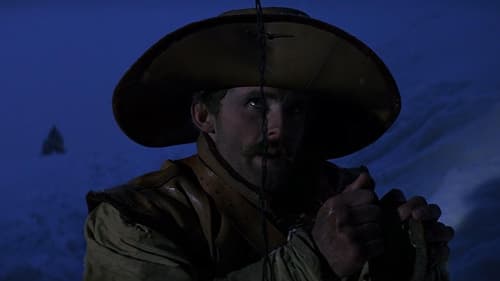
Director of Photography
The Deluge Redivivus is a new remastered cut of the original Polish “The Deluge” from 1974 that was released for the film's 40th anniversary in 2014.

Director
War drama directed by Jerzy Wojcik.

Director of Photography
The hard-working son of a dying country woman hires a stranger to take care of his mother.
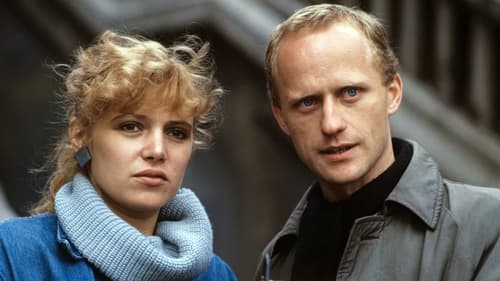
Cinematography
About a sound designer for films who years ago, while in bed with his mistress, failed to respond to calls for help outside his door. Now during the recording of the audio track for a new film he begins to hear strange noises on his headphones.
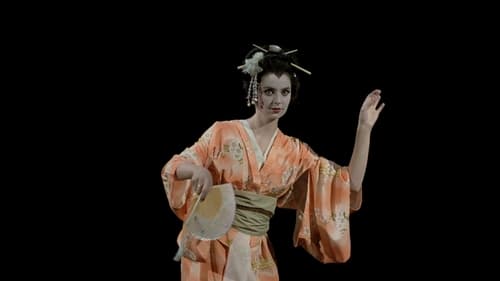
Director of Photography
A psychological portrait of Ewa, a young Polish theatre actress searching for her own way in life. She plays a minor role in Jasieński's 'The Ball of Mannequins', a complete opposite of her real personality, while aspires to star as Cordelia in Shakespeare's 'King Lear'. Ewa lives on her own, occasionally visiting a famous old actress to talk about theatre, taking care of a poor neighbor, and fights her sophisticated mother rejecting the truth about her beloved father, who died an alcoholic.

Camera Department Manager
The action takes place in Warsaw in the second half of the 19th century. The main character is the head of the girls' school - Mrs. Emma Latter. Ms Latter is struggling with the financial problems of her institution, because the parents of the students are still in arrears with payments. In addition to professional problems, she is tormented by problems with adolescent children. All this causes Mrs. Latter to experience a mental breakdown.
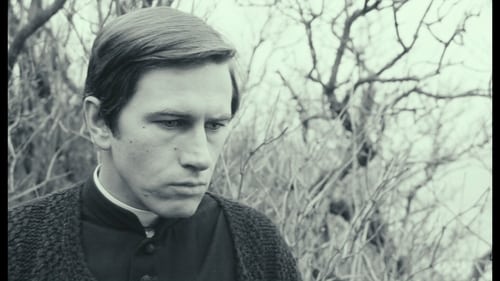
Director of Photography
Set during the German occupation of Poland during WWII. A priest in a small village meets a revolutionary who is on an assignment to kill a supposed Nazi collaborator.

Writer
Story of Podgaje massacre in January 1945 in which SS troop murdered captured Polish soldiers.

Cinematography
Young former partisan recalls his war experience during a trip to the sea.
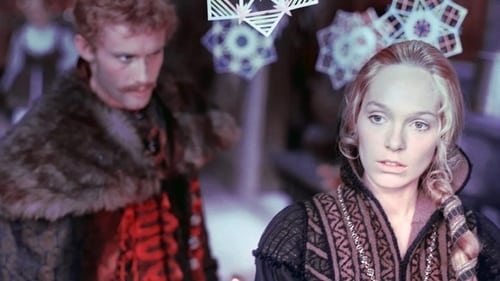
Director of Photography
During the Swedish invasion of Poland, the brave warrior Andrzej Kmicic, considered a traitor to the nation, fights for a country, redemption and love across the 17th-century Polish territories.
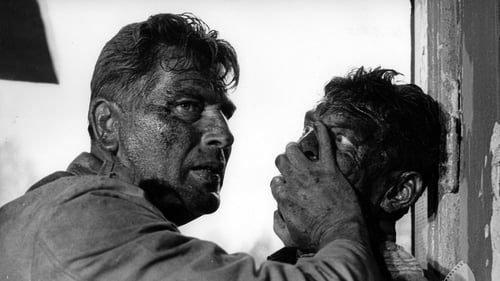
Cinematography
Westerplatte is a small peninsula at the entry to the Gdansk Harbour. Before World War II, it functioned as a Polish ammunition depot in the Free City of Danzig/Gdansk. Its crew consisted of one infantry company and a group of civilians, 182 people in total. It was the only Polish guard-post at the mouth of the Vistula River, with as little as five sentries, one field cannon, two anti-armour guns and four mortars. It was the first obstacle to Hitler's predatory march across Europe. The first shots of World War II were fired here. This film tells the story of Westerplatte's courageous defenders.
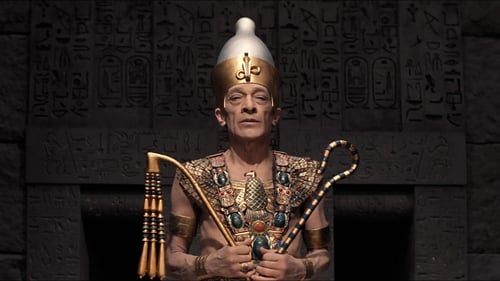
Director of Photography
젊은 파라오 람세스 13세는 국가 권력과 재원을 두고 성직자들과 충돌하고 있었다. 미숙하지만 야심찬 파라오는 이집트의 지배권을 찬탈하려는 강력한 성직자 일족에 맞서 싸운다.

Director of Photography
It seems that nothing can ruin Henryk’s (Wienczyslaw Glinski) happy life. He’s a respected lawyer, he’s loved by his son and wife. One day, he receives a letter from the prosecutor’s office. He’s accused of collaborating with the Gestapo. It’s an echo of his past under occupation.

Director of Photography

Director of Photography

Director of Photography
A boy awaits the return of his long-absent emigre father but is disappointed when they finally meet.

Director of Photography
Sampson is one of several Andrzej Wajda films harking back to his youth during the Nazi Occupation of Poland. Many of these concern not only the struggle between good and evil, but also between passive and impassive. The hero is a Jewish youth. He, like his family, has always been silent and undemonstrative in the face of prejudice. Now he stands up for his right to survive, and in so doing represents the fighting spirit that culminated in the 1943 Warsaw Uprising. It was originally titled Samson, but re-spelled as Sampson upon its American release to avoid confusion with a sword-and-sandal epic of the same name.
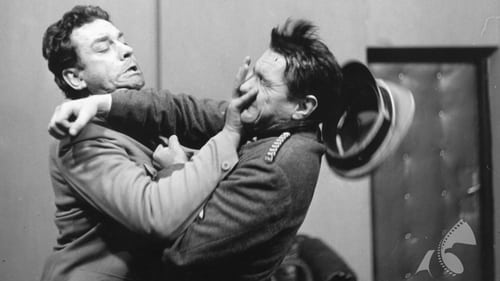
Director of Photography
Fram is in a German POW camp where brutal, cold-hearted Gestapo officers like Weber or Von Steinhagen terrorize and execute their Polish prisoners. One day Fram sees a way to escape the camp and he takes it, heading out to find his fellow resistance fighters.
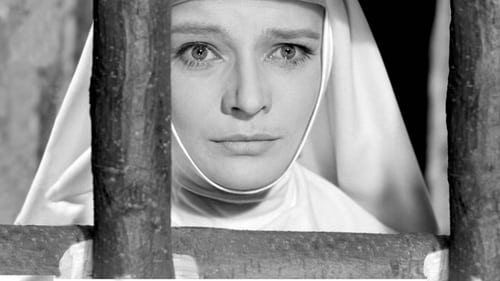
Director of Photography
17세기 폴란드, 요제프 신부는 정확한 정체를 알 수 없는 끔찍한 사건이 벌어졌다는 이야기를 듣고 조사를 위해 외딴 수도원을 방문한다. 그는 악령에 씌인 요안나 수녀가 사건의 중심에 있으며, 다른 신부들은 엑소시즘에 여러 차례 실패했다는 이야기를 듣는다. 호러 장르적 요소를 갖춘 작품으로 1961년 칸영화제 심사위원특별상을 수상했다. (2019 한-폴 수교 30주년 기념 폴란드 영화제)

Director of Photography
"In 1960 Kazimierz Kutz' second film NIKT NIE WOLA / NOBODY'S CALLING, based on a Jozef Hen novel that was never published in Poland, described the fate of Poles on the Eastern Front. Kutz used the film to explore new formal solutions, collaborating closely with cinematographer Jerzy Wojcik to reveal the psychological landscape of a pair of lovers who are strongly affected by wartime events. The camera recorded the couple's inner experiences, contrasting their muted intimacy against the surrounding scenery of a ruined town. The film did not win over critics at the time of its release. It was not until later that critics recognized Kutz's effort to experiment with aesthetics in a manner akin to that pursued by filmmakers of the new wave. NOBODY'S CALLING came to be compared with Michelangelo Antonioni's THE ADVENTURE, which was produced around the same time."
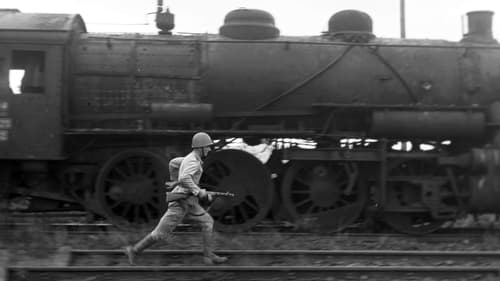
Director of Photography
Three episodes showing the repercussions of war. A soldier is awarded with the Cross of Valor and vacation to home. But instead of his village, he finds only the charred ruins. A stray dog turns out to be the former guard at Auschwitz. A young widow is hailed as the wife of the hero but dreams of something else.
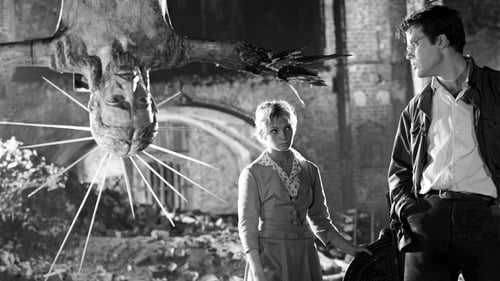
Director of Photography
2차대전이 끝날 무렵, 폴란드는 좌익과 우익의 이념 갈등과 정치적 대립으로 혼란에 빠진다. 민족주의 진영의 무장조직 대원인 안제이와 마치엑은 폴란드의 한 지방 도시를 방문하는 공산당 고위 간부 슈츠카를 암살하라는 지령을 받고 그 도시로 들어온다. 잘못된 정보로 슈츠카가 아닌 지역의 두 노동자를 사살하게 된 둘은 그 사실을 모른 채 숙박을 위해 한 호텔로 가지만, 이내 자신들의 실수를 알게 된 둘은 다시 한 번 자신들의 임무를 완수하기 위한 기회를 노리는데...
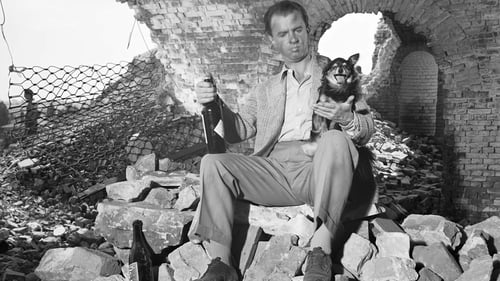
Director of Photography
Tells two tales set during WWII: A seemingly feckless and selfish finally takes up arms in the national struggle against the Nazis. Set in a POW camp, Polish inmates cling to their hopes for an eventual escape, encouraged by the legendary escape of one of their own.

Writer
A group of young Lódz hoodlums spends their time shoplifting, partying and drinking heavily, until they are faced with serious consequences of their reckless behaviour.
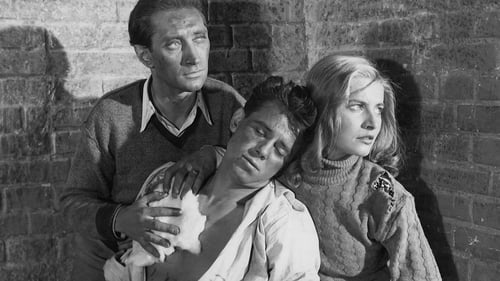
Camera Operator
1944년, 독일군은 바르샤바를 포위하고 폴란드인들은 처절한 저항을 이어간다. 폴란드군의 자드라 중위는 부하들과 함께 수로를 이용해 후퇴하라는 명령을 받지만 전우들과 함께 마지막까지 싸울 생각이었던 그는 심각한 고민에 빠진다.
1950년대, 감독 안제이 바이다의 주된 관심사는 독일에 의해 파괴된 조국의 고통스러운 현실을 치열한 역사의식으로 재구성하는 것이었다. <카날>은 전쟁의 포화로 초토화된 지상의 상황과, 국가적 이념과 인간적 가치 사이에서 갈등하는 지하의 고립된 인물들을 교차 편집하며 역사와 인간성이라는 두가지 화두를 심도 있게 탐구한 걸작이다. 1957년 칸영화제 심사위원 특별상을 수상하면서 바이다를 전세계에 알린 작품이기도 하다.
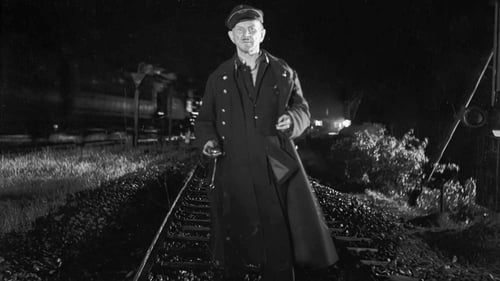
Director of Photography
승객들을 태운 기차가 한밤중에 빠르게 달리고 있다. 그런데 선로 위에 한 남자가 서 있는 걸 발견하고 급하게 멈추려 하지만 결국 남자는 열차에 치어 사망하고 만다. 이 사고를 조사하던 관료들은 죽은 남자가 열차 운행을 고의로 방해하려 했다고 의심한다. 과연 이 사건 뒤에 숨은 진실은 무엇일까? 남자는 정말 사보타주를 계획했던 것일까?




















